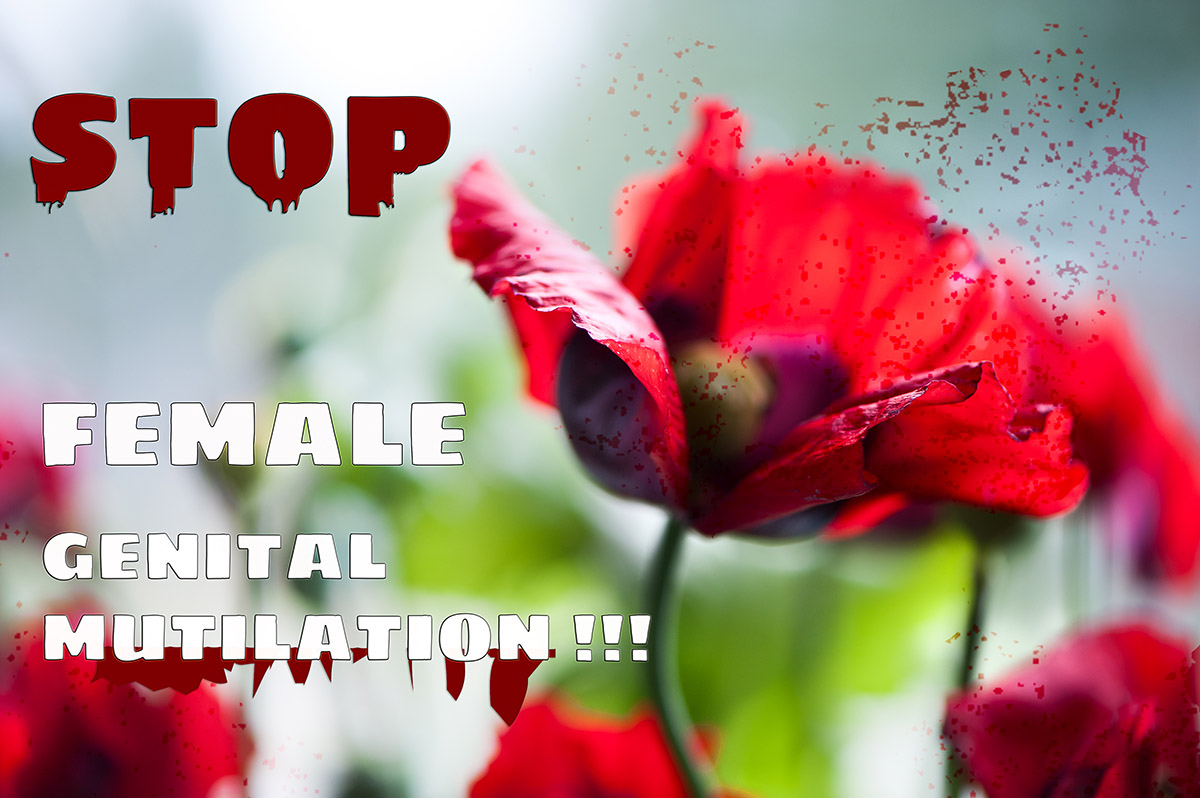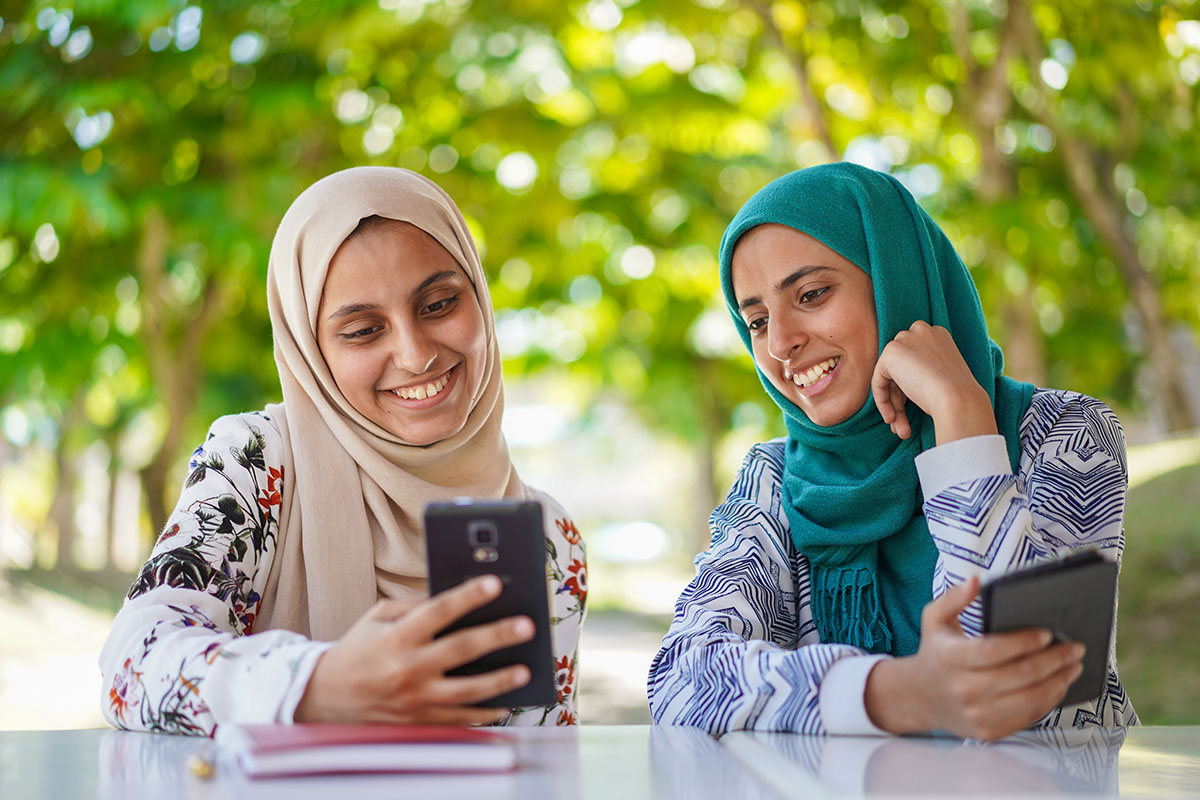The Unacceptable Cut – Ending FGM
February 13by Hannah Kumadi Wakawa
Over 230 million girls and women alive today have undergone female genital mutilation (FGM) according to the World Health Organization’s report. These acts are usually carried out on young girls between infancy and age 15, with minimal occurrence in women above the age of 15.
Nigeria, like other African and Asian countries, has over the years indulged in the practice of FGM on her girls and women, bringing the country to the position of the third highest number of women and girls who have undergone FGM worldwide. According to UNICEF, Nigeria has about 19.9 million FGM survivors, while also warning that FGM is on the rise among Nigerian girls aged 0-14.
Female genital mutilation, commonly referred to as Female circumcision, is the partial removal of external female genitalia or other injuries to the female genital organs for non-medical reasons. This act has been recognized as an act of gender-based violence that harms girls and women; therefore, it is widely identified as a violation of the rights of women and girls.
With the world fighting challenges such as climate change, gender inequality, justice, amongst others, girls continue to face deeper challenges that not only pose a threat to their lives but also dim their future by crippling their mental health and esteem, limiting their future health, education, and income.
In Nigeria, various social and cultural reasons, such as place of residence, level of education, economic status, as well as respect for traditional and cultural identity, contribute to the prevalence of FGM. The belief that FGM ushers the girl into responsible womanhood, preserving their chastity and suppressing women’s sexual drive, is a common reason. In some Nigerian cultures, it is believed that FGM increases a woman’s fertility, and the myth that if a baby comes into contact with the clitoris, the mother or child will die, are a few among some of the reasons that have led to the prevalence of FGM.
While FGM is believed by many to be of social and cultural importance, the World Health Organization explains that FGM has no health benefits; rather, it carries both physical and emotional challenges for women and girls, ranging from pain, excessive bleeding, shock, infections, urination problems, PTSD, anxiety, depression, and long-term challenges such as childbirth complications. In worst cases, FGM could lead to death.
In 2015, the Nigerian government enacted the Violence Against Person’s Prohibition (VAPP) Act, which became the first legal document to prohibit female genital mutilation. This Act has been significant in protecting women and girls not only against FGM but also other gender-based violence. Challenges still lurk around the corner, with UNICEF reporting that about 60 million girls around the world are at risk of FGM.
To protect our women and girls and achieve zero tolerance to FGM, we need to continue the fight against this harmful practice. To continue this fight against Female Genital Mutilation, we need to continue to educate people and create awareness about the risks and consequences of FGM, support community-led initiatives such as to help curb the act. Notably, legislative policy needs to be enacted, not only to provide a deterrent to those who perpetuate FGM but also to ensure survivors receive justice and support. Together, we can work towards a future where no girl or woman has to suffer the physical and emotional trauma of FGM.






